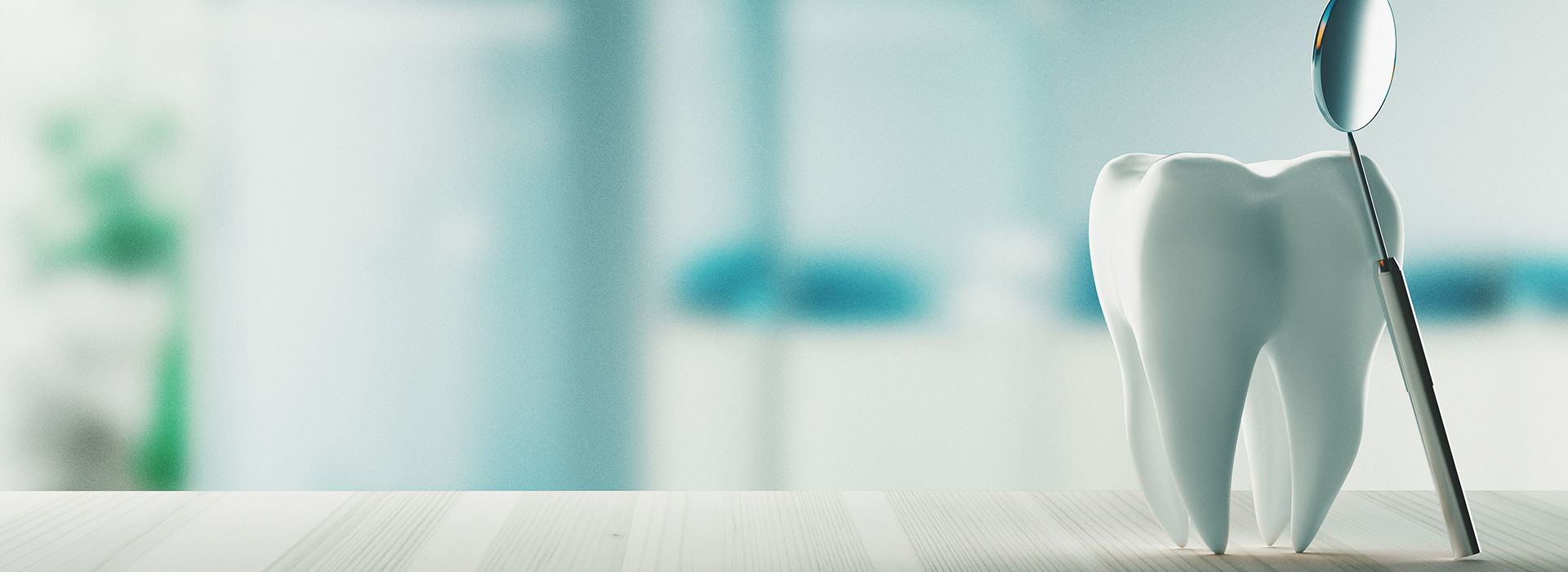Contact Us
Schedule your appointment online or give us a call to get started today.

A healthy, natural-looking smile does more than improve appearance — it supports chewing, speech, and long-term oral health. When a tooth is seriously weakened by decay, fracture, or previous treatment, a full-coverage restoration can be the best way to preserve what remains and return the tooth to reliable function.
At Black Mountain Family Dentistry, we focus on restorative solutions that blend durability with a lifelike appearance. Crowns and caps are versatile restorations that protect compromised teeth, restore chewing surfaces, and help maintain the overall balance of your bite.
Some injuries and dental conditions go beyond what a filling can repair. Large cavities, teeth that have undergone root canal therapy, and fractures that extend beneath the chewing surface can leave a tooth vulnerable to further breakage. In these situations, a crown fully encompasses the remaining structure and distributes chewing forces to reduce the risk of future failure.
A crown recreates the tooth’s outer form, replacing lost enamel and dentin with a protective shell. This allows the treated tooth to withstand normal biting and grinding while preserving the root and surrounding bone. For teeth that anchor bridges or support implants, crowns are also essential components of durable prosthetic dentistry.
Choosing a crown is a decision based on long-term function and preservation. Your dentist will evaluate the amount of tooth structure left, the location of the tooth in the mouth, and how the tooth interacts with its opposite to determine whether a crown is the most appropriate restorative option.
Beyond aesthetics, the primary role of a crown is protective: it shields fragile or weakened tooth material from chewing forces and bacterial infiltration. When a tooth has a large filling or a crack, simply adding more filling material often leaves the area susceptible to recurrent decay and structural failure. Crowns encase the tooth, creating a barrier against microleakage and providing a new outer surface designed to tolerate everyday use.
Crowns can also restore proper chewing efficiency and help re-establish correct contacts with neighboring teeth. Restoring these relationships prevents excessive wear, shifting, and the development of bite-related discomfort. For patients who have lost significant tooth height, a crown can restore the bite to a healthier, more comfortable position.
In cases where a tooth serves as an abutment for a bridge or covers a dental implant, the crown performs a mechanical role as well as a biological one. It transfers force safely to the underlying structure while providing a natural-looking finish that integrates with the rest of the smile.
Modern dentistry offers several crown materials, each with strengths depending on the tooth’s location and the patient’s goals. All-ceramic and zirconia crowns are popular for their excellent shade-matching and translucency, which mimic the way natural teeth interact with light. These materials are commonly chosen for front teeth and visible areas where appearance is a priority.
Porcelain-fused-to-metal crowns combine the strength of a metal substructure with a porcelain overlay for a balance of durability and aesthetics, often used in areas that require extra resistance to biting forces. Advances in ceramic technology have narrowed the performance gap between material types, allowing clinicians to recommend restorations that meet both functional and cosmetic needs.
Color matching, contouring, and surface texture are all part of creating a crown that blends seamlessly with surrounding teeth. Your dentist will discuss material choices, consider how the tooth will be used, and recommend the option that best preserves function while achieving a natural look.
The crown procedure typically begins with a focused examination and diagnostic imaging to assess the tooth and surrounding structures. When a crown is indicated, the tooth is shaped to create space for the restoration. This step removes damaged or unsupported enamel and creates a stable foundation for the crown to fit securely.
Impressions or digital scans are taken to record the exact shape of the prepared tooth and its relationship to neighboring teeth and the opposing arch. These records guide the laboratory or in-office milling system that fabricates the crown. While a lab-made crown may require a temporary restoration to protect the tooth between appointments, some offices can produce a final crown in a single visit using CAD/CAM technology.
At the final appointment, the crown is tried in, evaluated for fit and bite, and adjusted as needed. When both patient and clinician are satisfied with the aesthetic result and functional contacts, the crown is permanently seated with a strong dental cement. Follow-up checks ensure the restoration continues to function comfortably within the bite.
Throughout this process, clear communication about expectations and care needs helps ensure the restoration meets long-term goals for appearance and function.
A crown can protect a tooth for many years when it is properly cared for. Good oral hygiene remains the cornerstone of long-term success: brushing twice daily with a fluoride toothpaste, cleaning between teeth with floss or interdental brushes, and attending regular dental checkups reduce the risk of decay at the crown margin and prevent problems in adjacent teeth and gums.
Patients who grind or clench may benefit from protective measures such as a nightguard to reduce excessive forces on restorations. Your dentist can recommend preventive steps tailored to your habits and oral environment to protect both crowns and natural teeth.
If a crown ever feels loose, causes new sensitivity, or the surrounding gum tissue becomes inflamed, contacting the dental office promptly helps address issues before they worsen. Routine professional evaluations allow the dentist to monitor crown margins, occlusion, and the health of the tooth underneath the restoration.
In summary, crowns and caps are proven restorative tools for protecting weakened teeth, restoring comfortable function, and delivering a natural-looking result. If you would like to learn more about how a crown could preserve a damaged tooth and improve your smile, please contact Black Mountain Family Dentistry for more information.
Schedule your appointment online or give us a call to get started today.
